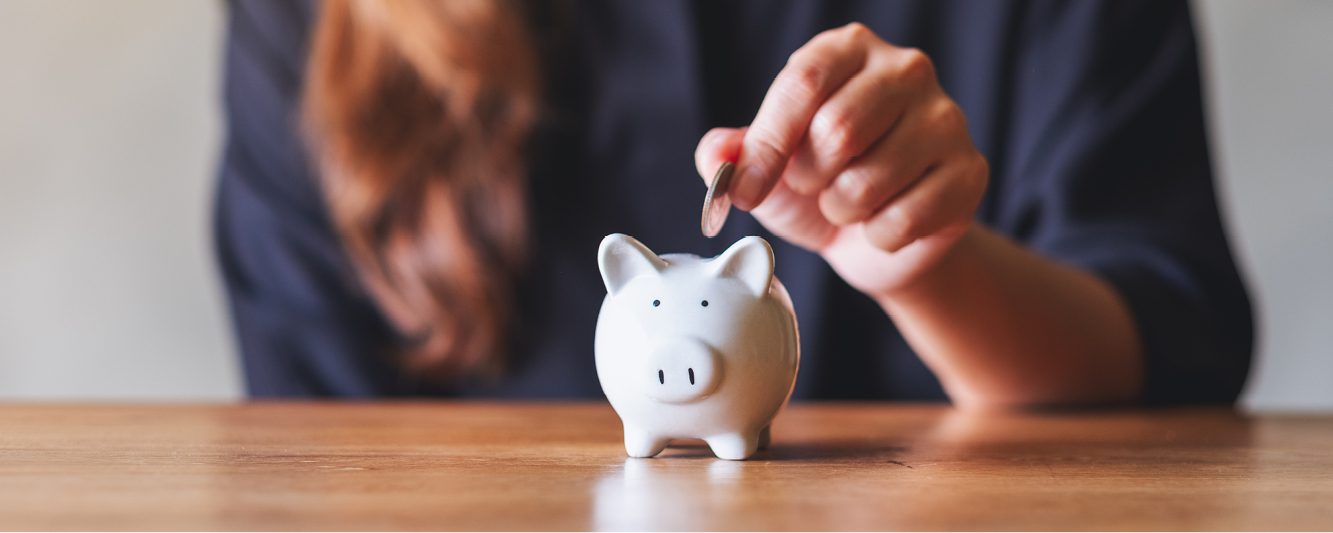
You may know how much of a deposit you need to buy a home, but what happens to it during the buying process, and how can you ensure you don’t lose your deposit?
Here’s a quick explainer around the money you will put down when you buy via auction or private treaty.
How do home deposits work when you buy through a private treaty?
A private treaty is any private property sale that is not carried out through auction. Private treaty is the most common form of property in Australia. It generally involves the buyer making an offer and the owner either accepting it or negotiating for a higher price until an agreement is reached.
When you buy through a private treaty, you are expected to place a deposit. The deposit is usually 10% of the total cost of the property but this may be negotiable.
This deposit does not go directly to the vendor. Your real estate agent will take the money (either a cheque or a direct deposit) and place it into a special account, usually called a trust account. The money is held until you reach settlement, which is when it is transferred to the vendor.
What if you change your mind after paying your deposit?
The purpose of the deposit is to protect the vendor if you change your mind. However, you may have a small window of a ‘cooling-off period’.
Generally, you will be required to pay the agreed deposit (usually 10%) to secure the property after your offer is accepted. You will then have a period of a few days to confirm you can get finance to pay for the entire property and to arrange a building inspection to check the structural integrity of the building. If you decide not to go ahead during this period, you may still forfeit some of your deposit (usually around 0.25%).
After the cooling-off period, you cannot get your deposit back if you change your mind. In fact, if you pull out, you may even be liable for extra fees.
This is why it is wise to be absolutely certain before you place a deposit on your chosen home. Have a discussion with the selling agent about how the cooling off period works so you don’t make an assumption that winds up costing you your deposit.
How do home deposits work when you buy at an auction?
When you buy a home at an auction, you also need to pay a deposit.
After you bid at auction, the deposit works much the same way; the money goes into a holding account until settlement. In some instances, the buyer will float a portion of the deposit on auction day and the rest at a later date. Most often, however, the deposit is expected to be paid in full on the day of the auction.
There is no cooling off period with an auction so make sure you are able to pay the deposit when you show up on the day.
How to avoid losing your deposit
Because deposits are non-refundable in most cases, you need to be very certain before you put down a 10% deposit on a home.
The first thing to do is to get pre-approval for your home loan. That way, you can be far more certain that you won’t have to pull out at the last moment because your loan fell through.
Some buyers also take out insurance to cover themselves for any issue that might arise with the property between settlement and moving in.
Make sure to read the contract of sale before you pay a deposit; it may make sense to work with a conveyancer/solicitor who can help you understand the fine print so you are not caught out by any hidden clauses after you have put money down.
Keen to buy a home? Contact your local Professionals agent today.







